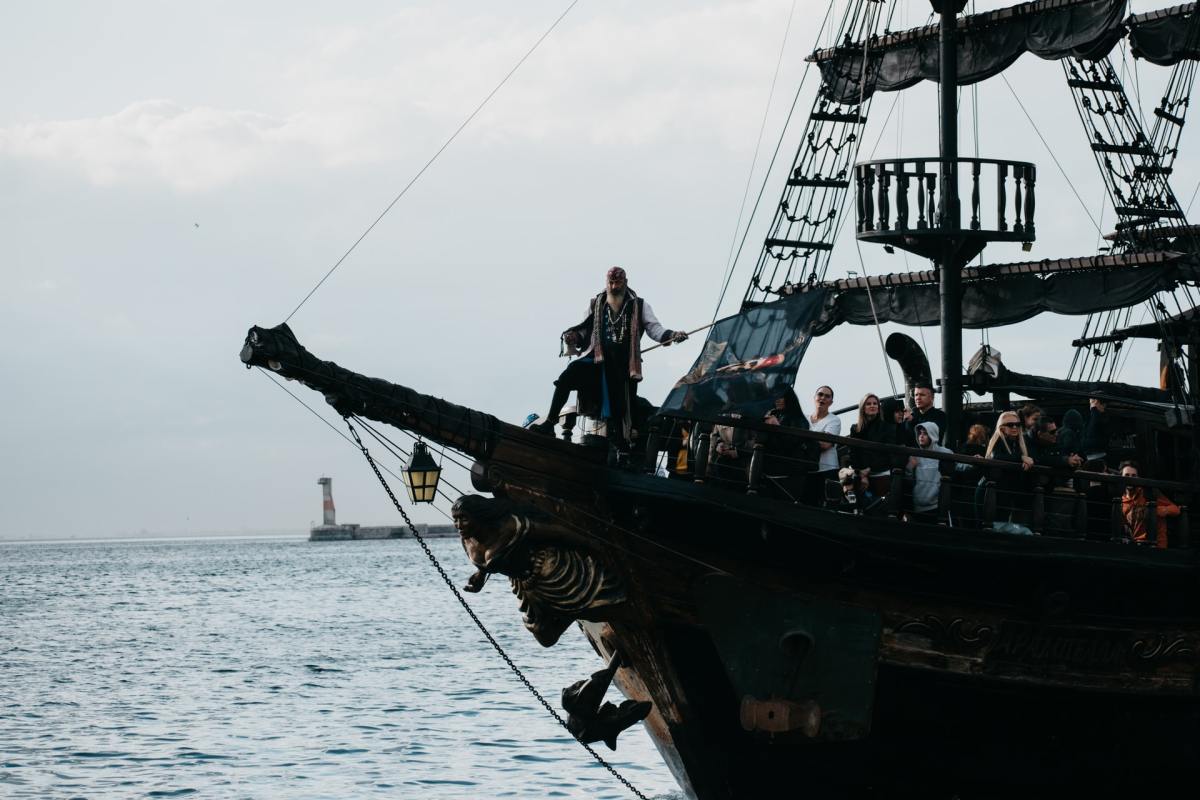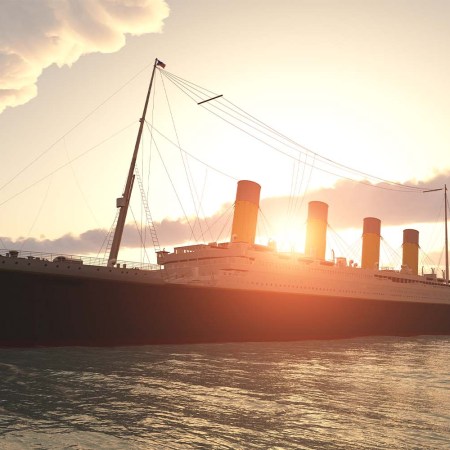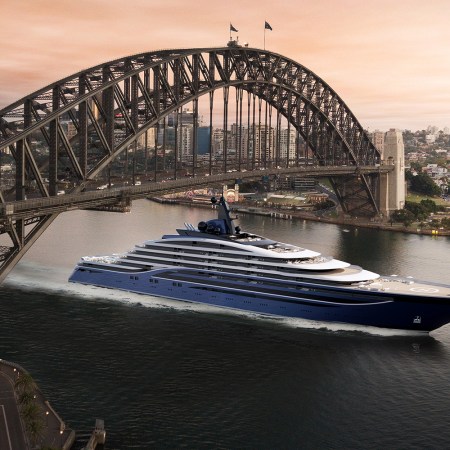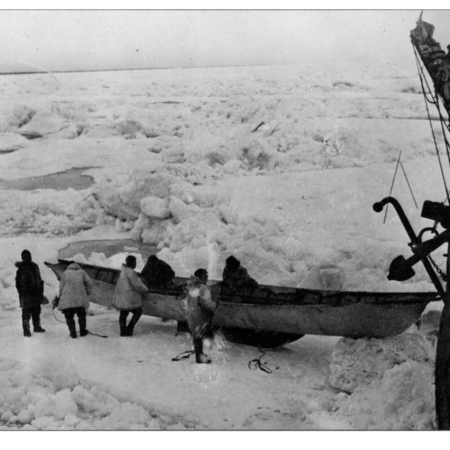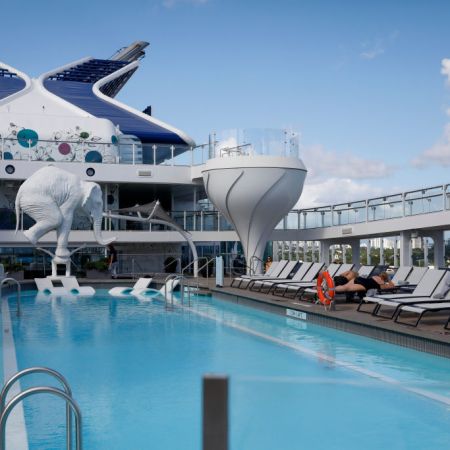When you think of pirates on the high seas, what’s the first thing that comes to mind? Do you hearken back to the Caribbean of a few centuries ago, or does your mind go to the ubiquitous “I’m the captain now” meme taken from the 2013 film Captain Phillips? Pop culture tends to lean towards the former, with an upcoming HBO Max series using the more classical era of piracy as its setting. But just as technology has evolved since the 17th and 18th centuries, so too have the methods by which nations attempt to stop pirates. Or so you’d think.
This week, Literary Hub published an excerpt from Bruce Jones’s new book To Rule the Waves: How Control of the World’s Oceans Shapes the Fate of the Superpowers. It offers a fascinating look at the rise of piracy on the Indian Ocean, as well as of the geopolitics of eastern Africa and the history and influence of the Omani Empire. But there’s one aspect of the excerpt that’s particularly striking.
Jones describes an escalating series of pirate attacks on ships in the first decade of the 21st century — including pirates making off with food meant for famine relief in Somalia. As Jones writes, international laws that cover piracy were “largely a series of legal arrangements between the European powers from the 18th century, barely updated since the 19th.”
The evolution of the laws around piracy saw a shift in the way territorial waters were managed, and paved the way for some unlikely international coalitions to join in the fight against pirates. It makes for a fascinating look at how a notorious occupation has modernized over the years — and how their opponents on the governmental side have sought to do the same.
Thanks for reading InsideHook. Sign up for our daily newsletter and be in the know.
